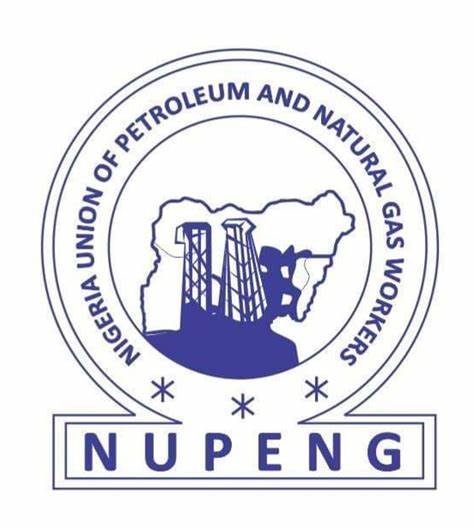OIL AND GAS
Stop Making Capital Out Of Helicopter Crash, Redeem Your Image & End The Cracks In the Union- PTD Tells NUPENG
AJAGBE ADEYEMI TESLIM
SPONSORED BY: H&H
The Petroleum Tanker Drivers (PTD) Branch of NUPENG has asked the President and General Secretary of the parent body to concentrate their energies on redeeming their battered image and putting an end to the lingering crisis in the union instead of making capital out of the misfortunes of oil and gas workers who were involved in the helicopter crash last week.
A 79 years old elder, Comrade Joseph Dagogo-Jack in the Port Harcourt Zone of PTD gave the charge in a statement issued Sunday evening in Abuja.

It was widely published that the unfortunate incident occurred at 11:22 a.m along the waterways in Port Harcourt on Thursday, October 24, 2024 when the helicopter, a Sikorsky SK76 with registration 5NBQG and operated by East Wind Aviation, took off from Port Harcourt Military Base (DNPM) to the FPSO – NUIMS ANTAN oil rig. A total of eight persons were on board, but were all feared dead.
Dagogo-Jack statement reads; “I was in far away Spain to see my dentist when my personal assistant sent me a press release from NUPENG wherein the leadership of the Union commiserate with the families of oil and gas workers who lost their lives in an helicopter crash on Thursday in Port Harcourt.
There is nothing wrong in that and as an individual who believes in the sanctity of life, I solemnly say may the souls of the departed continue to rest in perfect peace.
“However what is expected of NUPENG’S General Secretary, Olawale Afolabi and the President, Williams Akporeha is to jointly concentrate on how to unite the union, especially PTD which is the only viable and surviving Branch; they should fix the cracks within it and drop all cases in court and allow a fresh breathe by bestoring leadership legitimacy on Comrade Lucky Osesua, Comrade Dayyabu Garga, Comrade (Chief) Peter Moudebelu (Onwa), Comrade Dr Humble Obinna Power and others.
This will ultimately restore sanity in the Union and bring about progress and prosperity and that is the popular opinion of all the members and the elders in the Union. If NUPENG’s leadership can swallow their pride and do this, their lost integrity, honour and dignity would be fully restored.
“Issuing press releases and statements and attempting to make capital out of every event and situation in the country which has no bearing with the union’s philosophy or interest would do them no good, it is purely a misplaced priority.
For example the victims of the helicopter crash were all PENGASSAN members; and that well organized union, has responded appropriately. NUPENG has done nothing to uphold and defend the rights of its members who have been subjected to humiliation, casualization and servitude in the oil and gas industry, but NUPENG is always quick to make public appearances on TV and making paid adverts on newspapers, on inconsequential matters and abandoning serious issues that have direct bearing on the lives and livelihoods of their members who are paying check-off-dues.
“Within NUPENG, many staff members have been sacked through trump up charges, some were set up, many branches are completely destroyed, no cohesion, no policy direction, no standard no principles, all the legacies of the union’s founding fathers are totally ruined by one man. It is also on record that the General Secretary, Afolabi Olawale is always changing the Collective Bargaining Agreement of the staff, as well as the bye laws and the constitution of the union to suit his selfish and unholy narratives. What happened to integrity? What happened to moral rectitude? Running a Union as big as NUPENG as private estate is very ridiculous to say the least.
“It is, however, on record that Afolabi has no regard for the basic norms of human conduct. He lacks any self-awareness or self-scrutiny. He seems beyond embarrassment.
The only moral and social compass he follows is his own false and fraudulent ideas about what is appropriate and inappropriate, shameful or deceitful.
“I have said it before and will repeat it again that Afolabi has shown himself to be the brightest bulb in the box, criticising others but lacking the capacity to stomach criticism so as to put him on the right track, that is not leadership.
So those who are associating themselves with him should have a re-think such that they would not soil their integrity and credibility in the eyes of the public, judiciary, law enforcement agencies and other industry stakeholders who are watching with keen attention and interest. May God restore stability and progress in PTD.”
